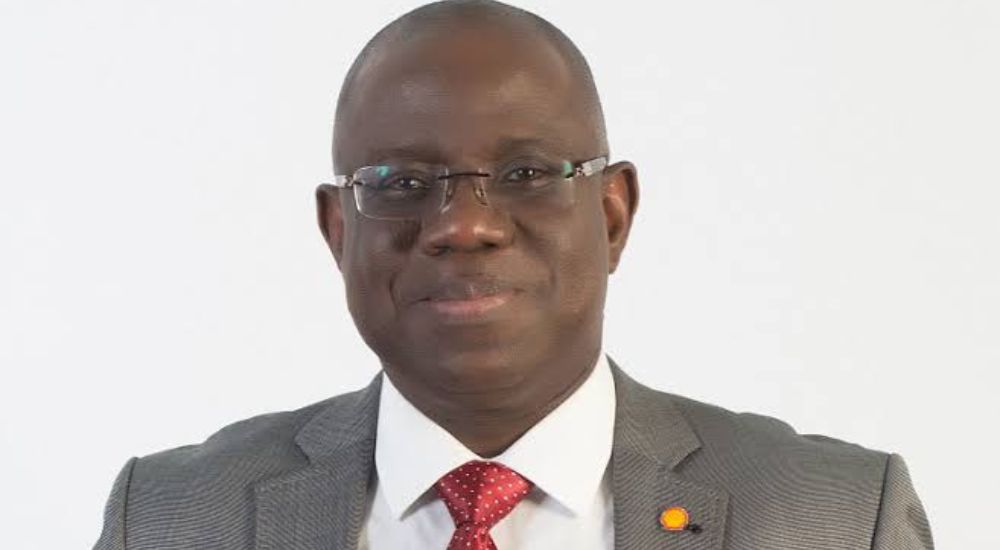The Nigerian National Petroleum Company Limited (NNPCL) has announced that the Ajaokuta-Kaduna-Kano (AKK) gas pipeline project is now 72% complete as of the first quarter of 2025—a major step in Nigeria’s gas-driven energy transition plan.
This update was shared during the 2025 Society of Petroleum Engineers Oloibiri Lecture Series and Energy Forum (SPE OLEF) in Abuja by NNPCL’s Group Chief Executive Officer, Mr. Bayo Ojulari, who was represented by Engr. Udobong Ntia, Executive Vice President of Upstream.


Ojulari emphasized that NNPCL is actively working on initiatives aligned with Nigeria’s goal to achieve net-zero emissions by 2060. These efforts include:
- Scaling up the autogas program to power over one million vehicles by 2026
- Advancing green hydrogen feasibility studies as part of a long-term clean energy strategy
- Completing strategic infrastructure projects like the AKK pipeline, crucial for expanding domestic gas supply
With an energy generation capacity of 1,500 MW—including 1,000 MW from Independent Power Producer (IPP) joint ventures, 650 MW from firm JV projects, and 50 MW from emergency power plants—Ojulari reaffirmed that ensuring energy security for Nigeria’s over 200 million citizens is a national priority.
He also described the OLEF 2025 theme, “Driving Energy Sustainability Through Technology, Policy, and Supply Chain Excellence,” as timely and in tune with industry developments.
Global Energy Outlook and National Progress
Referencing the International Energy Agency’s World Energy Outlook, Ojulari noted that global energy demand is projected to rise by over 25% by 2040, largely driven by rapid industrialization in Asia and Africa’s population growth.
Engr. Amina Dalnmadami, Chairman of the SPE Nigeria Council, speaking virtually, emphasized OLEF’s legacy since its inception in 1991. She noted its continued role in shaping policy and innovation in the oil and gas sector, marking the significance of Oloibiri, the site of Nigeria’s first oil discovery.
Dalnmadami acknowledged the global shift toward renewable energy but stressed that oil and gas will remain vital to Nigeria’s economic stability, energy security, and industrial development.
“Our path to sustainability is about optimization, not displacement—enhancing efficiency through technology, strengthening supply chains, and enabling sound policies,” she said.


Strategic National Initiatives
Ahmed Galadima Aminu, Executive Secretary of the Petroleum Technology Development Fund (PTDF), reiterated the Fund’s commitment to OLEF, calling it a key platform for energy dialogue, innovation, and capacity development that supports Nigeria’s long-term energy ambitions.
Engr. Gbenga Komolafe, CEO of the Nigerian Upstream Petroleum Regulatory Commission (NUPRC), represented by Commissioner Enorense Amadasu, shared updates on the Project One Million Barrels Incrementer Initiative. The program aims to boost daily oil production by one million barrels by 2026.

He also revealed that:
- 70 offshore blocks were awarded in the 2024 licensing round
- The 2025 bid round is being prepared to meet the national goal of producing four million barrels of oil and 220 trillion cubic feet of gas
- More than 10 Petroleum Processing License (PPL) awardees have moved into production
These developments mark continued progress in Nigeria’s strategic shift toward energy sustainability, capacity growth, and long-term economic resilience.




